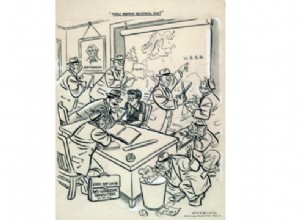Question 01 - Machado de Assis Institute - 2018 - Luís Correia City Hall - PI - History Professor -Which candidate in the 1989 elections in Brazil attracted the support of different sectors of society, with a promise to modernize the economy, promoting neoliberal policies and opening up foreign part




